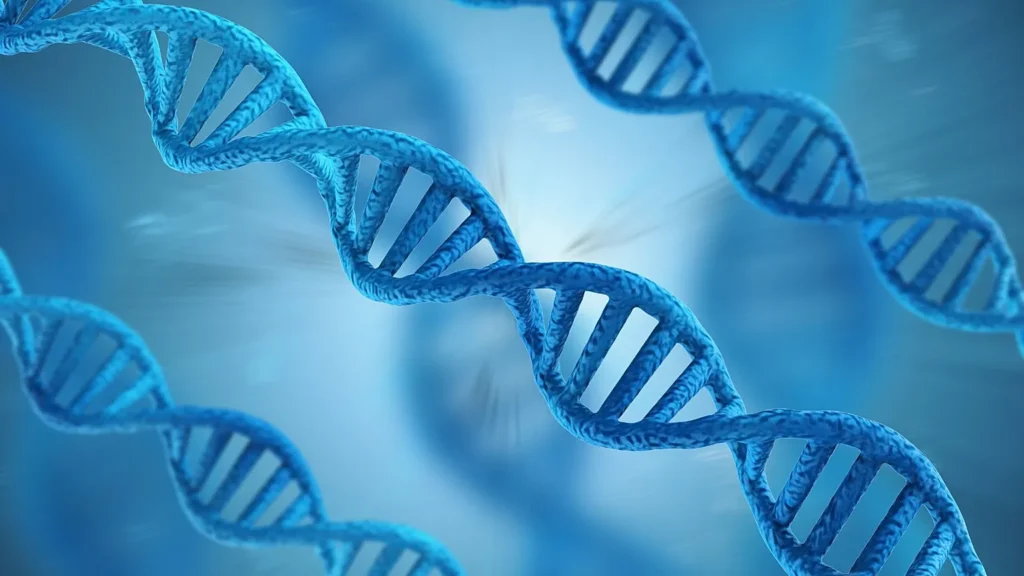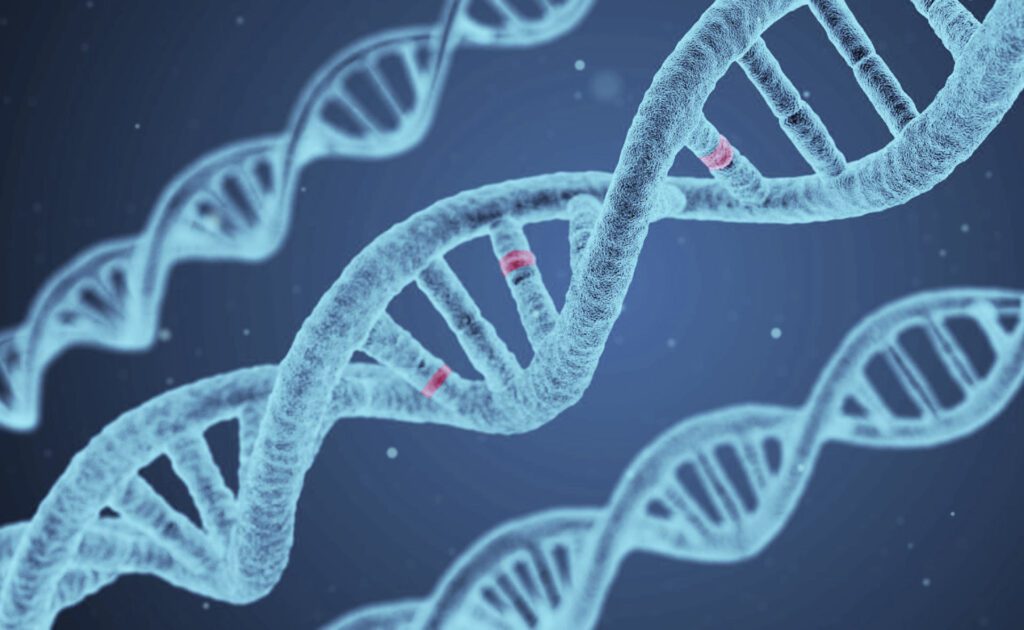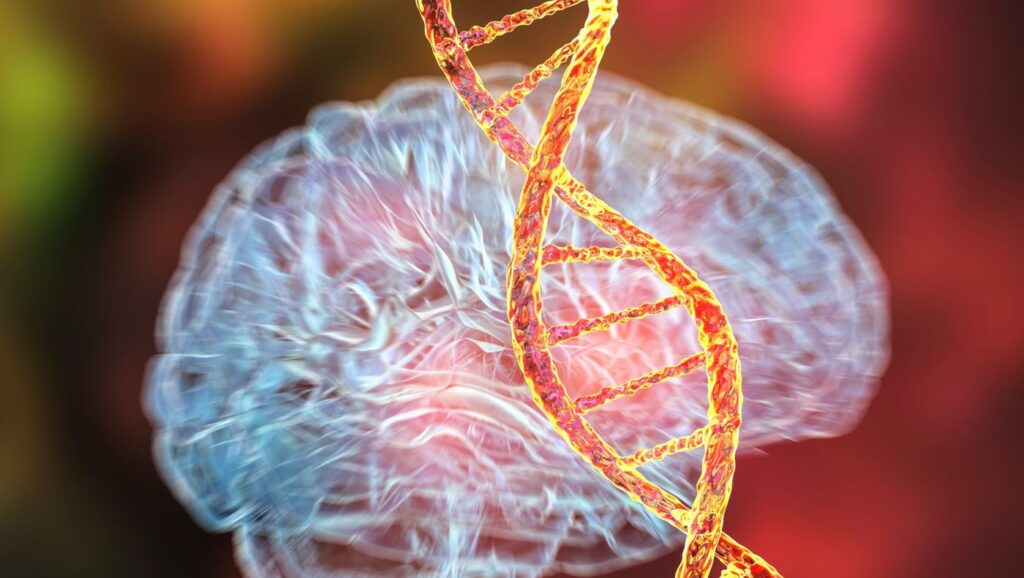New nutrient discovery depression research is bringing exciting insights into the way our diet may influence mental health. Depression affects millions worldwide, and scientists have long searched for a better understanding of what triggers this complex condition. While genetics, life events, and environmental factors are all well known contributors, recent research suggests that certain nutrients in our diet may also play a surprising role in mental health.
One nutrient that has drawn attention is proline, a naturally occurring amino acid found in many foods. Although it has traditionally been studied for its role in collagen formation and tissue repair, emerging evidence now suggests that proline may also influence brain function and mood. This discovery opens up new possibilities for understanding depression and developing strategies to prevent or manage it through diet and lifestyle.
What Is Proline?
Proline is a non essential amino acid, which means the human body can produce it naturally. It is present in many protein rich foods such as meat, fish, dairy products, and gelatin. For years, scientists have focused on proline’s importance in building connective tissues and supporting overall physical health.

However, recent findings suggest that proline may also have a profound effect on mental well being. High levels of proline in the body have been associated with depressive symptoms, sparking interest among researchers in exploring how diet and metabolism might influence the brain.
Unlike other nutrients that primarily affect physical health, proline appears to be linked to mood regulation. Understanding this relationship could help scientists develop new strategies for preventing or managing depression, particularly for individuals who are more susceptible due to their biology or lifestyle.

How Proline Affects the Brain
The brain is an incredibly complex organ that relies on a delicate balance of chemicals and nutrients to function properly. Amino acids like proline play a role in producing neurotransmitters, which are chemical messengers that regulate mood, emotions, and cognitive function.
When proline levels in the blood are too high, it can disrupt this balance, potentially affecting neurotransmitter activity and leading to changes in mood. Scientists have observed that elevated proline may increase the risk of depressive symptoms in certain individuals.
Animal studies have also confirmed this connection. Mice and fruit flies exposed to higher levels of proline showed behaviors that mirrored depression in humans, such as decreased motivation and social withdrawal. These findings suggest that the effects of proline on mood are not limited to humans and may be a fundamental biological process shared across species.

The Role of Gut Health
One of the most fascinating aspects of this discovery is the role of gut health in modulating the impact of proline on mood. The human gut is home to trillions of bacteria, collectively known as the gut microbiome, which play a vital role in digestion, immunity, and even brain function.
Recent research has highlighted the gut brain axis, a system of communication between the gut and the brain that influences emotions, cognition, and stress responses. It appears that gut bacteria may also affect how the body processes proline and other nutrients.
Individuals with a diverse and balanced gut microbiome may be better able to metabolize proline without negative effects on mood. On the other hand, an imbalance in gut bacteria may increase susceptibility to depression when proline levels are high. This finding underscores the importance of gut health not just for physical well being but for mental health as well.
Implications for Diet and Mental Health
The discovery of proline’s link to depression has important implications for how we think about diet and mental health. While it is too early to make definitive dietary recommendations, there are several lessons that can be drawn from this research
- Moderation Is Key: Proline is found in many healthy foods, and completely eliminating it from the diet is neither practical nor necessary. Instead, moderation and a balanced diet may help maintain optimal proline levels.
- Focus on Gut Health: Supporting a healthy gut microbiome through probiotics, prebiotics, and a diverse diet may help mitigate the potential effects of high proline on mood.
- Personalized Nutrition: This discovery highlights the need for personalized nutrition strategies. What may be beneficial for one person could be problematic for another depending on their gut bacteria and metabolism.
- Holistic Approach: Diet is only one aspect of mental health. Physical activity, sleep, stress management, and social connections all play essential roles in maintaining emotional well being.
Moving Toward Personalized Mental Health Care
The new nutrient discovery depression research contributes to a growing field that focuses on personalized approaches to mental health. Understanding the interactions between nutrients, gut bacteria, and brain function can help healthcare providers develop tailored strategies for preventing and managing depression.
For example, in the future, it may be possible for individuals to undergo tests to determine their proline metabolism and gut microbiome composition. Based on this information, nutritionists and mental health professionals could recommend specific dietary adjustments to reduce the risk of depression or improve mood regulation.
This approach represents a significant shift from the one size fits all recommendations that dominate current dietary guidelines. Personalized nutrition, combined with traditional mental health care, could provide a more comprehensive and effective way to support mental well being.
The Bigger Picture: Nutrients and Mental Health
The proline discovery is part of a broader trend in mental health research that emphasizes the role of nutrients in brain function. Other nutrients, such as omega 3 fatty acids, B vitamins, and magnesium, have also been linked to mood and cognitive function.
These findings suggest that mental health cannot be viewed solely through the lens of genetics or psychology. Biological factors, such as nutrient intake and gut health, play an equally crucial role. A better understanding of these factors could lead to new strategies for preventing depression, improving treatment outcomes, and enhancing overall quality of life.

Challenges and Next Steps
While the discovery of proline’s role in depression is promising, it is important to recognize that the research is still in its early stages. Many questions remain unanswered
- What is the optimal level of proline intake for mental health?
- Which specific gut bacteria help metabolize proline effectively?
- How do other nutrients interact with proline to influence mood?
Future studies will need to explore these questions in greater detail. Long term clinical trials and larger population studies will help confirm the findings and translate them into practical recommendations for the general public.
Practical Tips for Supporting Mental Health Through Diet
Even as research continues, there are practical steps individuals can take to support mental health through diet
- Eat a balanced diet: Include a variety of protein sources, fruits, vegetables, whole grains, and healthy fats.
- Support gut health: Include fermented foods like yogurt, kefir, sauerkraut, and kimchi, and consume fiber rich foods to nourish beneficial gut bacteria.
- Monitor protein intake: Be mindful of high proline foods and aim for balance rather than excess.
- Stay active: Exercise promotes both physical and mental well being and supports healthy gut function.
- Manage stress: Chronic stress can affect both gut health and nutrient metabolism, influencing mood and emotional resilience.
By adopting these strategies, individuals can take proactive steps toward better mental health while researchers continue to explore the connections between nutrients, gut health, and depression.
Conclusion
The new nutrient discovery depression findings represent a major step forward in understanding the complex relationship between diet and mental health. Proline, an amino acid once mainly associated with physical health, is now emerging as a key player in mood regulation. Its interaction with the gut microbiome highlights the intricate connections between nutrition, biology, and emotional well being.
While more research is needed to fully understand the mechanisms involved and translate them into practical interventions, this discovery reinforces the idea that mental health is multifaceted and influenced by many factors beyond genetics and environment. Diet, gut health, and personalized nutrition strategies are likely to become important tools in the fight against depression.
Ultimately, this research offers hope that by paying attention to the nutrients we consume and supporting our gut health, we may be able to reduce the risk of depression and improve overall quality of life. It is a reminder that even small changes in diet and lifestyle can have profound effects on mental well being.
Do follow UAE Stories on Instagram
Read Next – GITEX TechCation 2026: Dubai’s Vision to Lead Global Tech and AI












